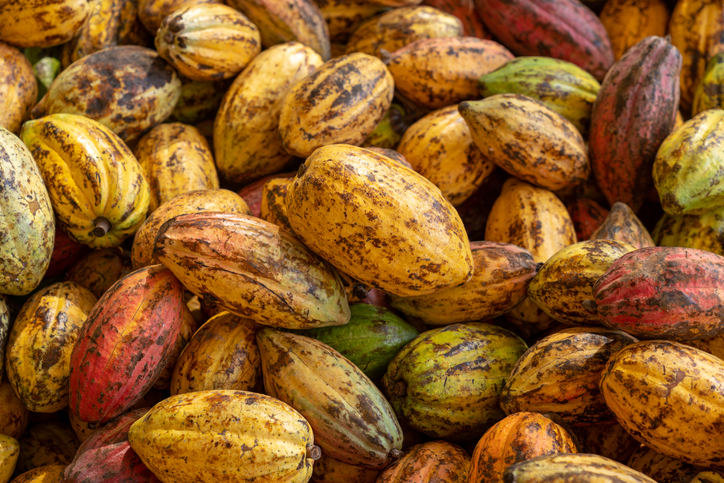The Ivory Coast is working to make cocoa production a little sweeter.
In an industry plagued with deforestation and child labor issues, the country is hoping to ensure more ethical cocoa production.
Traceability: With implementation of a new system, the Ivory Coast will inform producers and customers of the exact origin and production conditions of cocoa beans, the primary ingredient of (you already know what it is…) chocolate!
A long time coming: The Ivory Coast produces more than 40% of global cocoa exports, while receiving harsh criticism for relying on child labor and destroying forests and national parks to grow cocoa. Conscientious consumers have taken note and want to know where and how the prized chocolate ingredient is produced.
Exporters have used their own traceability systems (which don’t talk to one another), but none have been capable of tracing the beans from production to consumption.
The missing link: Tracking the beans from farm to storage center. Historically, it was the journey from storage centers to ports that has been pretty “trackable.”
Soundbite: “Now that we have a reliable database on all farmers, the geographic location, dimensions, and GPS coordinates of their farms, we can trace the origin of beans from the plantations to close the loop,” said Yves Brahima Kone, head of the Cocoa and Coffee Council (CCC).
For the love of (ethical) chocolate: Chocolate makers, environmental groups, and non-governmental groups are backing this new system. In partnership with Visa to develop an electronic payment system integration, farmers will get the guaranteed farmgate price. The pilot tracing program begins April 1.

